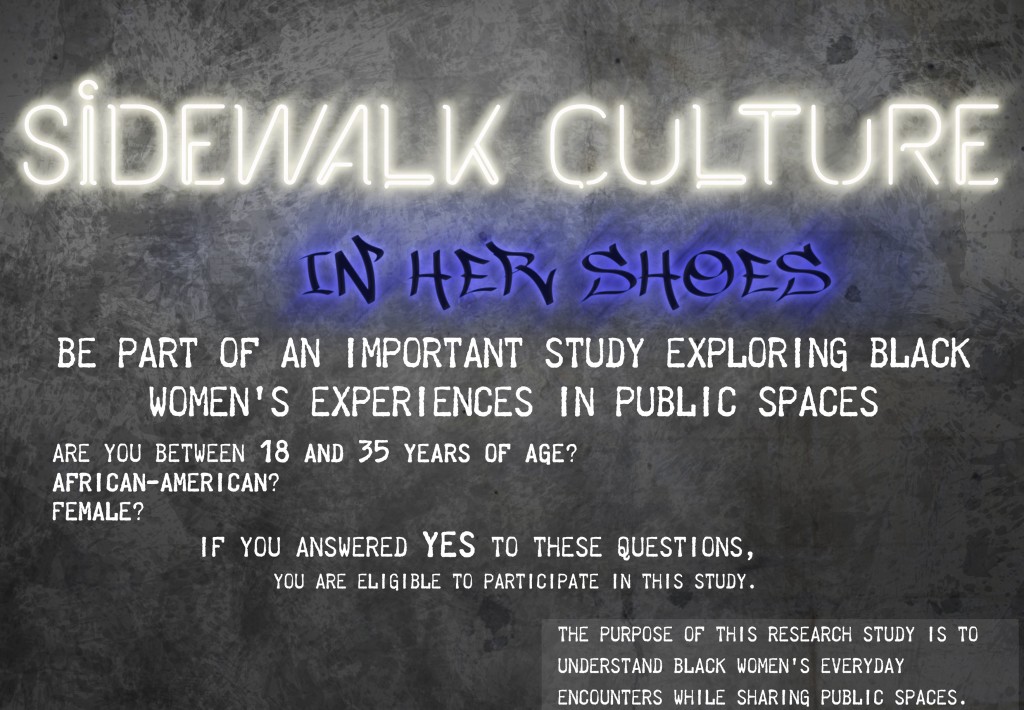Last week, more than 50,000 people used the Twitter hashtag #WhenIwas to share their first experiences of sexism, harassment and assault. They show how huge the problem is and how young it starts.
Laura Bates, founder of the Everday Sexism Project, started the hashtag and wrote about why in a recent article for The Telegraph:
“I started it because I wanted people to recognise that sexism, harassment, discrimination and abuse can begin from a shockingly young age.
When you talk about women being shouted at in the street, or fielding unwanted sexual advances in the workplace – as we do daily on the Everyday Sexism Project, which I founded – a common response is: ‘It’s just a bit of fun – can’t you take a harmless compliment?’
One of the most effective ways to counter that argument is to reveal the fact that this ‘harmless fun’ starts when girls are under the age of 10-years-old. That we’re talking about schoolgirls in their uniform being groped on public transport, or hearing grown men shout at them in language so sexually explicit they sometimes don’t even understand what it means.
What kind of ‘compliment’ is that? The idea that sexual harassment is just gentle flattery completely fails to acknowledge the fact that it sets up a power dynamic. This is about preying on women, asserting power and control over them. Nothing about that is flattering.”
I agree and always mention the young age that street harassment begins in media interviews and speeches that I give. If we can’t all agree that grown women shouldn’t have to face sexual harassment and abuse, surely we can all agree that girls shouldn’t, right??
Bates concludes her article by saying:
“The #WhenIwas hashtag makes difficult reading, but it is important, especially for those who want to believe that these things are ‘one off’ incidents. While many men have tweeted their shock at the stories being shared, many women remarked that they could identify with almost every single one.
It’s sad that this is what it takes for people to recognise the problem. That an individual woman’s word isn’t enough for people to believe her until 50,000 others come forward and say that the same thing has happened to them, too. That even when we provide reams of examples, people continue to doubt the systemic nature of the problem.
I hope that movements like the one I started last week help those who might have been made to feel ashamed – or even responsible for what happened to them – to realise that it was never their fault, and that they’re not alone.”

